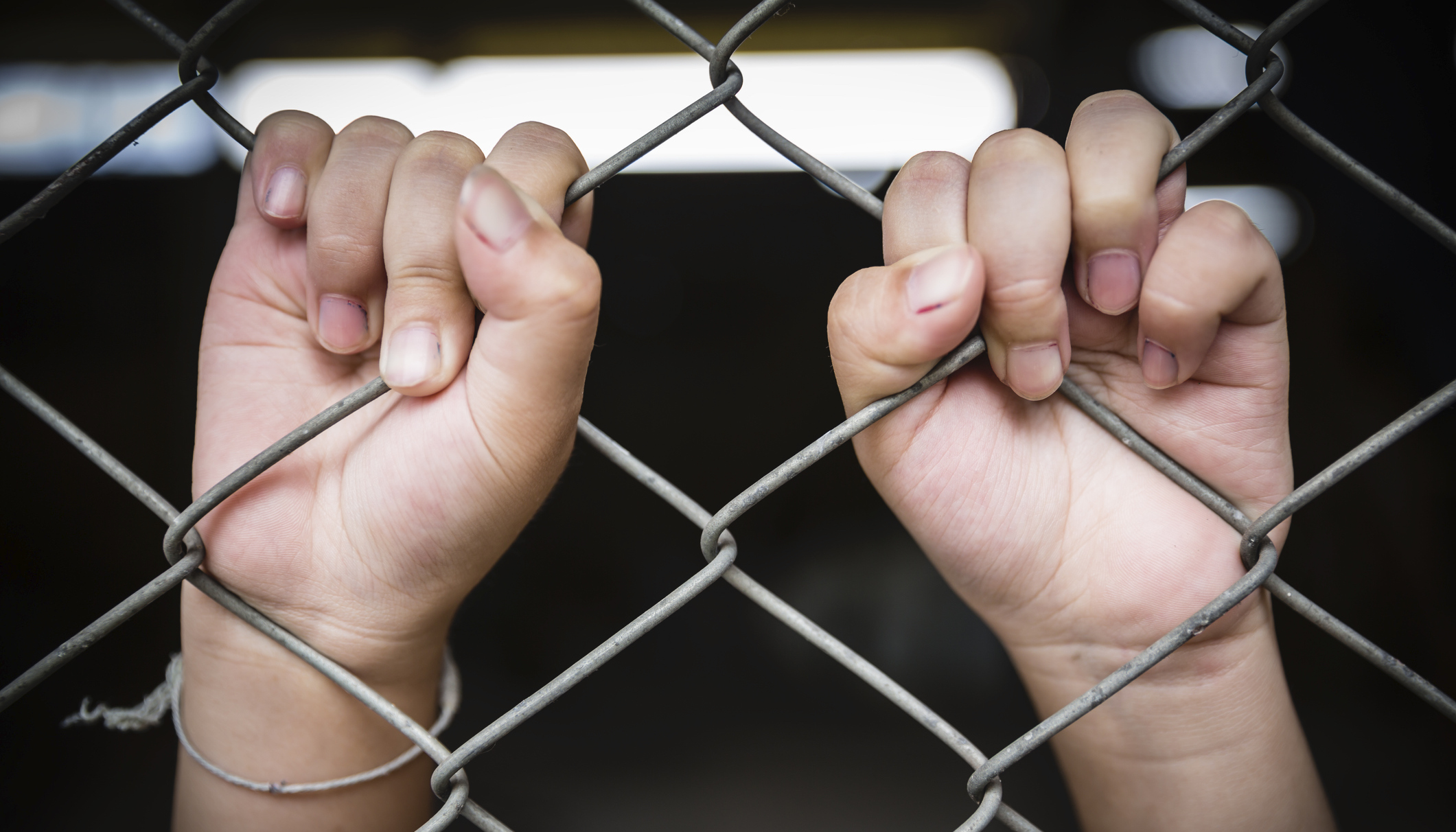France's Juvenile Justice System: Proposed Changes To Sentencing

Table of Contents
Current State of Juvenile Sentencing in France
The French juvenile justice system, governed primarily by the Code de la procédure pénale, aims to balance punishment with rehabilitation for minors who come into conflict with the law. The system focuses on individualized justice, considering the circumstances of each case and the needs of the young person. Key legislation, such as the Loi du 5 mars 2007, has shaped the current approach, emphasizing restorative justice and the involvement of social workers.
However, despite these efforts, juvenile crime statistics remain a concern. While precise figures fluctuate, recidivism rates represent a persistent challenge, highlighting the need for reform. The current system, while aiming for rehabilitation, faces criticism for several reasons:
- Focus on rehabilitation vs. punishment: While rehabilitation is the stated goal, critics argue that the balance leans too heavily towards one side depending on the specific case and judge.
- Types of sentences currently available: Sentences range from community service and probation to placement in educational centers or secure facilities (établissements pénitentiaires pour mineurs). The effectiveness of these varying approaches is subject to ongoing debate.
- Role of judges and social workers: Judges and social workers play crucial roles, but the system's capacity to provide adequate support and supervision is often stretched thin.
- Criticisms of the current system: High recidivism rates and concerns about disproportionate impact on certain socioeconomic and ethnic demographics are persistent criticisms. Some argue that the current system fails to address the root causes of juvenile delinquency.
Proposed Changes to Sentencing Practices
The proposed reforms aim to address the shortcomings of the current system by shifting the focus even more strongly towards restorative justice and rehabilitation. The rationale behind these changes is to reduce recidivism, improve social reintegration, and create a more humane and effective approach to juvenile justice. Specific proposed amendments include:
- Increased focus on restorative justice: This involves bringing victims and offenders together to find resolutions outside the traditional court system, fostering understanding and accountability.
- Introduction of alternative sanctions: The reforms propose expanding the range of alternative sanctions, including mediation, educational programs tailored to individual needs, and community-based initiatives that promote skill development and positive social engagement.
- Changes to the length and types of detention sentences: The proposed changes aim to limit the use of detention, reserving it for serious offenses and implementing stricter criteria for its application. Shorter sentences and a greater emphasis on educational opportunities within detention centers are also being considered.
- Enhanced support systems for young offenders and their families: This includes increased access to psychological support, educational resources, and social services for both the young offender and their family, addressing underlying social and economic factors that may contribute to delinquency.
The Role of Education and Rehabilitation in the Proposed Reforms
Education and rehabilitation are central to the proposed reforms. The aim is to equip young offenders with the skills and support they need to successfully reintegrate into society. This includes:
- Emphasis on educational and vocational training: Providing access to relevant educational and vocational training programs to improve employability and reduce the likelihood of future offending.
- Integration of psychological and social support services: Offering comprehensive psychological and social support to address underlying issues that contribute to criminal behavior.
- Programs aimed at preventing recidivism: Implementing targeted programs focused on preventing relapse, including mentoring schemes, aftercare support, and ongoing monitoring.
Specific examples might include partnerships with local schools and vocational training centers, providing access to apprenticeships, and establishing mentoring programs with positive adult role models. Potential funding sources could include government allocations, private sector partnerships, and philanthropic organizations. Impact assessments would focus on recidivism rates, employment outcomes, and social reintegration success.
Potential Impact and Challenges of the Proposed Reforms
The proposed reforms hold the potential to significantly improve France's juvenile justice system. However, the implementation faces considerable challenges:
- Potential reduction in recidivism rates: The reforms aim to reduce recidivism by addressing the root causes of delinquency and providing better support systems.
- Improved social reintegration of young offenders: By focusing on rehabilitation and education, the reforms aim to facilitate smoother reintegration into society.
- Strain on resources and infrastructure: Expanding support services and implementing alternative sanctions will require increased funding and resources.
- Concerns about potential leniency and public perception: Some may criticize the reforms as being too lenient, raising concerns about public safety.
The budgetary implications of the proposed changes are significant, requiring careful planning and allocation of resources. The success of the reforms hinges on robust implementation, effective collaboration between various stakeholders, and ongoing monitoring and evaluation.
Conclusion
This article examined the proposed changes to France's juvenile justice system concerning sentencing. The reforms aim to shift the focus towards rehabilitation and restorative justice, incorporating alternative sanctions and enhanced support services. While promising a more effective and humane approach, the implementation faces significant challenges, particularly in securing adequate funding and addressing public concerns.
Understanding the complexities surrounding France's juvenile justice system and the proposed sentencing changes is crucial for informed public debate. Further research and discussion are vital to ensure the successful implementation of reforms that will truly benefit both young offenders and French society. Let's continue the conversation about improving France's Juvenile Justice System and Proposed Sentencing Changes, working towards a more just and effective system for all.

Featured Posts
-
 Amundi Msci All Country World Ucits Etf Usd Acc Net Asset Value Nav Explained
May 24, 2025
Amundi Msci All Country World Ucits Etf Usd Acc Net Asset Value Nav Explained
May 24, 2025 -
 Amundi Msci World Ii Ucits Etf Usd Hedged Dist Nav Performance And Implications
May 24, 2025
Amundi Msci World Ii Ucits Etf Usd Hedged Dist Nav Performance And Implications
May 24, 2025 -
 A Relaxing Escape To The Country Benefits Of Rural Living
May 24, 2025
A Relaxing Escape To The Country Benefits Of Rural Living
May 24, 2025 -
 Memorial Day Weekend 2025 Flights Understanding Peak Travel Times
May 24, 2025
Memorial Day Weekend 2025 Flights Understanding Peak Travel Times
May 24, 2025 -
 Tutumlu Olmak Isteyenler Icin 3 Burc Oernegi
May 24, 2025
Tutumlu Olmak Isteyenler Icin 3 Burc Oernegi
May 24, 2025
